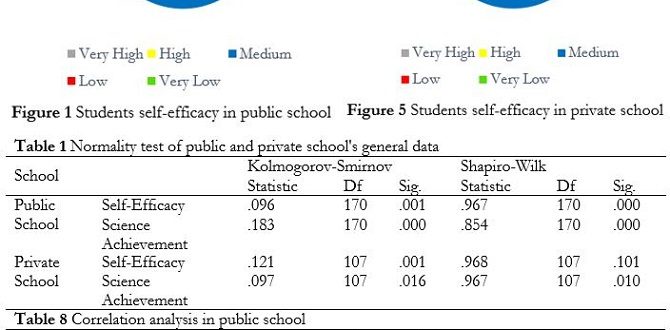An Investigation of Junior High School Students’ Science Self-Efficacy and its Correlation with Their Science Achievement in Different School Systems
Hasanah, R. S., Sholihin, H., & Nugraha,I
Based on PISA 2018 result, the science achievement of Indonesian students was below average. Some factors influence students’ achievement in learning science, such as motivation, emotion regulation, self–efficacy, and school system. This study investigates students’ self–efficacy in learning science in different school systems. The present investigation aims to discover students’ self–efficacy levels in public and private schools. By looking at students’ self–efficacy levels, this study determines its correlation with science achievement. There were 170 public school students and 107 private school students in Bandung City involved in the study. This study employed a correlational research design to determine the correlation between two variables. The correlation analysis was done in each school. Thus, Spearman–rank correlational analysis was used to investigate the correlation between the two variables in three public schools and two private schools. Also, Person–correlational analysis was used for the other private school. The results show that students’ self–efficacy in public and private schools was in the medium levels. Seventy–eight point eight public–school students and 76.6% of private school students were classified at the medium level. However, there was no correlation between students’ self–efficacy and their achievement in learning science both in public and private schools.
The manuscript can be accessed at https://ejournal.upi.edu/index.php/jslearning/article/view/84

